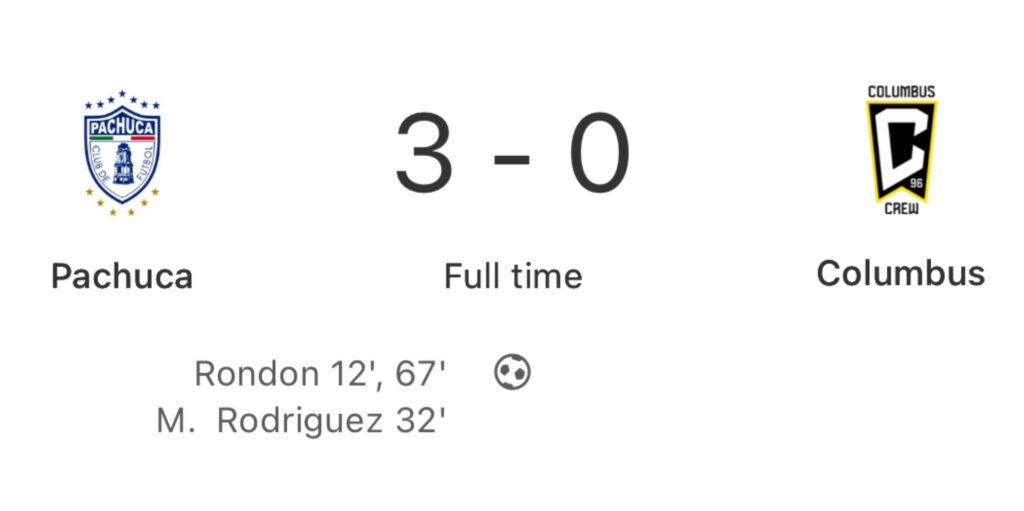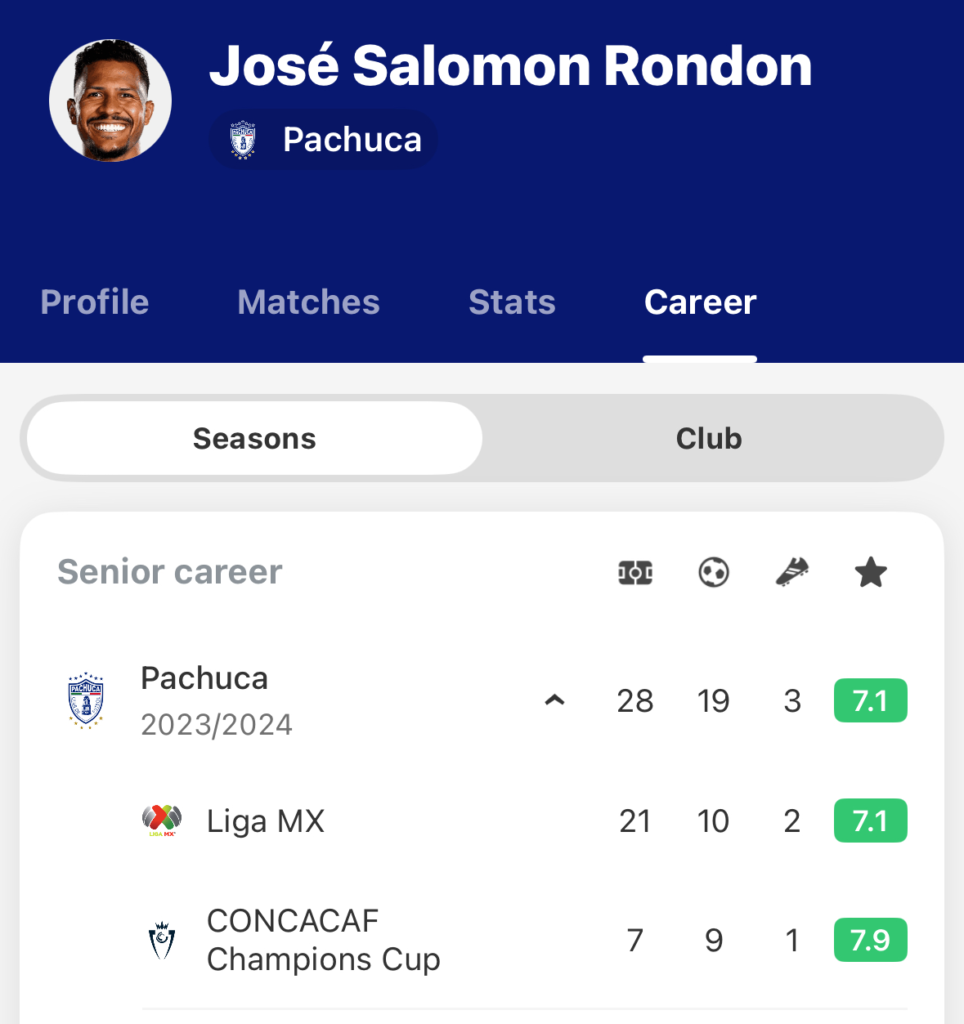Pachuca: A fitting Concacaf Champion with a history that dates back to Cornish miners
Club Pachuca does not hail from one of the biggest cities in Mexico. It is not one of the historic four ‘grandes’, the teams that traditionally have achieved the most success. Yet, when the Club World Cup kicks off in 2025, Pachuca will be there alongside famous names like Real Madrid, Manchester City, River Plate and Flamengo.
By Jon Arnold
Pachuca secured Concacaf’s final place in FIFA’s upcoming tournament with a 3-0 win over Columbus Crew to win the Concacaf Champions Cup and earn the place in the CWC that comes with it.
While it may not be a famous name, it’s not unexpected to see Pachuca among the top teams. This is Pachuca’s sixth continental crown and the latest in a run of trophies the club has lifted since the mid-2000s.

“It’s a great club,” Pachuca’s Uruguayan manager Guillermo Almada said after the win. “I think it’s the 16th title Pachuca has in the last 25 years, and that gives it a big advantage over the others. I think it’s the second-best in the Americas with 11 between domestic and international titles. That alone speaks about the club.
“After that, we’ve done an intentional job with the players giving it all despite having a young squad and a lot of positive elements that I could sit here and spend a long time listing off. Above all, it gives us the chance to participate in the first Club World Cup (in the new format) which is the biggest goals any player or manager can have.”
While Pachuca may not be a famous name, it also can boast of a history as rich as many of its Club World Cup rivals. One of the oldest teams in the region, Pachuca was founded in 1901 by miners from Cornwall. With its mining history, the club is known as “Tuzos”, which translates to “moles” or “gophers” in tribute to the men who worked underground before playing football above it.
Those same Cornish miners had been in the region for some time seeking silver and bringing two of the most important imports to the region: Pasties and football.
While you can still find a decent pasty in the state of Hidalgo, there is more pride in the football. Pachuca is home to the “Museo del Fútbol” which local organizers have worked to have certified as an international Hall of Fame. And while the site of what locals claim is the first football match played in North America is not well preserved, there is a plaque commemorating the game that took place there in 1824.

Club Pachuca is the most important custodian of that rich football tradition and has responded in the last few decades with responsible stewardship through player production. Mexico national team stars Hirving Lozano and Hector Herrera were developed in Pachuca as well as other players familiar to fans of football in Mexico and abroad like Erick Gutierrez, Rodolfo Pizarro and Paul Aguilar.

In addition to the country’s best academy, the first team has produced results like the ones it achieved Saturday, utilizing a blend of those academy graduates with the signing of familiar veterans like forward Salomón Rondón, who had a double against the Crew that capped a nine-goal CCC tournament making him the leading scorer by four goals. Rondón arrived on a free transfer from River Plate in the winter, showing the savvy signings Pachuca is willing to make to bolster a team built on players raised in Hidalgo.
If it can continue to achieve results on the international stage, it may not be long before Tuzos are as familiar as some of the clubs they’ll face next summer, continuing to revel in their footballing heritage and putting their city on the map as the region’s cradle of football.
(Images from IMAGO)
You can follow every game from Liga MX on FotMob. Download the free app here.